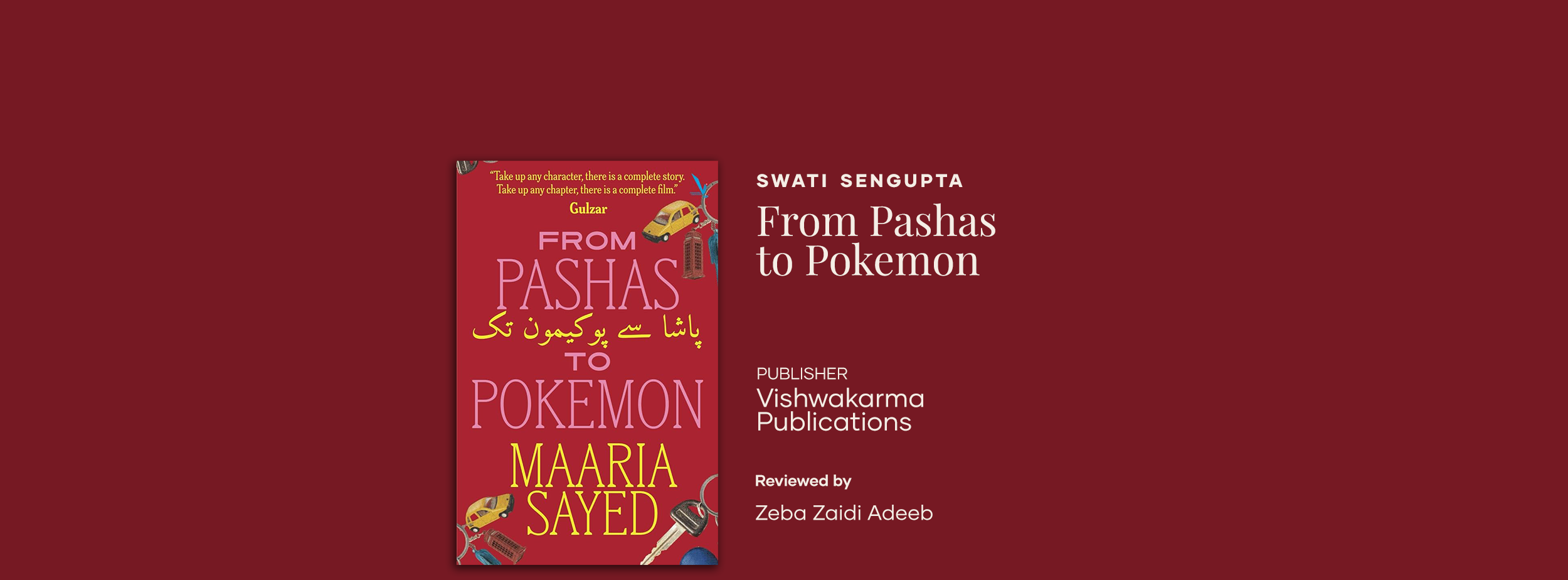
This book manages to explore the concepts of teenage hood, touching upon mundane everyday thoughts as well as the hard choices one has to make as they grow older. Set in the context of a contemporary Muslim household, we follow Aisha Khatib ,as she tries to understand herself, and find a place for herself in this world. As she navigates through selfish friendships, family dynamics, her growing body and other phenomena that practically every person goes through, we can appreciate the raw unfiltered dialogue going through Aishas mind. Her story is narrated in a way that is all over the place; in a way mimicking the beauty of life. She tells us her thoughts , including every detail of every background that we must know to understand the context. Some of her stories begin in the present moment but end up taking a detour to a memory of decades past.
Even though she only lived with her parents and brother, there is an important impact of the presence of a joint family. She had close connections, in particular, to her grandparents, often feeling proud to be the closest or to understand them the most . Her upbringing was rooted in Islam, mingling with the cultural traditions of Mumbai and India. These factors contributed to her character but even as far back as to when she was 5, she was curious about difficult questions. She desperately seeked an identity of her own.
While she grows up, we get an insight into the rest of her family and friends. The difference in their characters shows the range of opinions and perspectives she was brought up with; each individual varied in most beliefs. I think this is one of the reasons Aisha felt she could belong everywhere and in everything. At several moments, Aisha becomes an unlikable character. She can seem to pity herself in moments where everyone is suffering. At times, she criticises even those who are family, just because they are,at some point, doing better than her. She is certainly a flawed character — she acknowledges that as well.
Aisha’s character was very real, in the sense that she was human. Her opinions sounded confused and wrong. She constantly went back on her word. She was selfish at times. She was analytical of everything she saw. She got angry and upset and happy by experiencing a variety of things. She was moody and rude and funny. She was human. I think her portrayal was too real, in the way she spoke, acted and thought. She represented what many of the readers could understand at an intrinsic level, and the author’s writing style certainly aids this. Sometimes, it felt like she was trying to be too relatable, but the defining conflicts Aisha faced are not uncommon, and her reactions could be understood by the audience. The author did a good job in exemplifying the impacts of even common and simple problems faced by a normal girl. Eventually, it was these experiences which made Aisha Khatib.
The author has done a tremendous job of creating a complex character in Aisha, likeable and distasteful in equal measure. Whilst most books either make you fall in love with the perfect Hero Like protagonist, or hate the exaggerated villain, Maaria Sayed’s mature writing takes you through the journey of a very “real” person.
The nuances of living across continents and with people from different generations and mindsets, are beautifully captured and presented to the reader in a way that removes any dissonance or conflict.
‘As the girl Aisha, I felt I never belonged anywhere entirely, but as the woman Aisha, I feel I belong everywhere and I do not need too feel ashamed about it.”
By the end, the above sentence makes complete sense and not only do you understand, you identify! A strong powerful debut, Maaria take a bow.
ABOUT THE REVIEWER
Zeba Zaidi Adeeb is a successful entrepreneur having set an innovative benchmark in the field of sports and entertainment.
